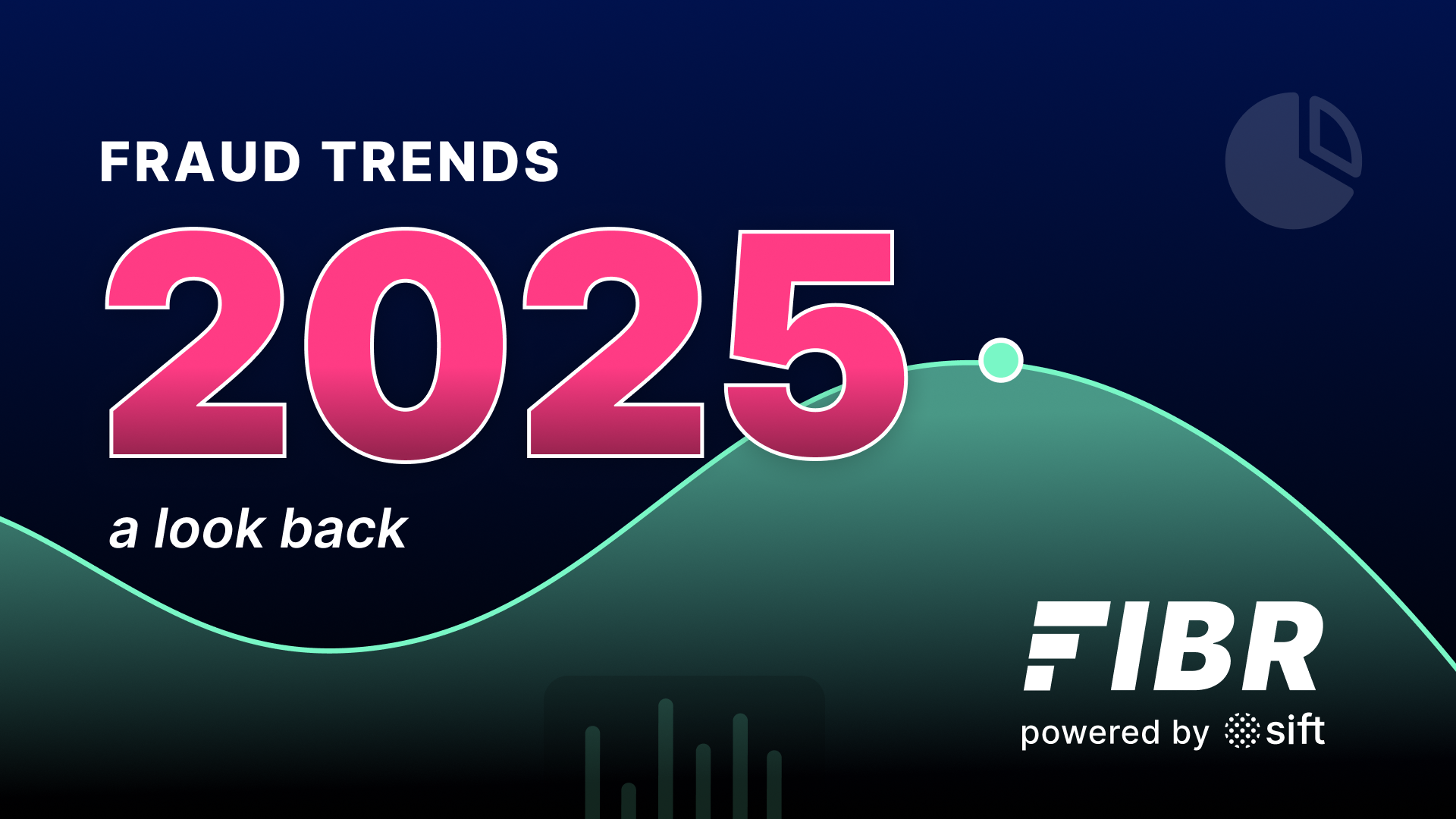Sift recently had the pleasure of exhibiting and speaking at this year’s Money20/20 conference in Las Vegas, one of the largest and most influential shows in fintech. More than 11,500 attendees and 3,000 leading businesses from around the world gathered together at the event, fueling inspiring and challenging conversations with the biggest brands in the industry. Among them were Sift Sr. Product Marketing Manager Jimmy Dunn and Jeff Sakasegawa, Trust and Safety Architect. Their top takeaways are below.
Fraud insights you may have missed at Money20/20
Account takeover (ATO) is rampant
Account takeover (ATO) fraud was top of mind at Money20/20, with many businesses reporting recent upticks. Data from our latest Digital Trust & Safety Index reveals an alarming 131% increase in attempted ATO attacks in H1 2022 across the Sift network. And fintech has seen the highest increase at 71%.
Fraudsters are using various methods to compromise accounts, including social engineering, phishing, and credential stuffing to steal account age, purchasing history, and status to circumvent fraud rules. Social engineering fraud is especially difficult to stop, particularly in the crypto space. If a customer admits they entered the information themselves, they are fully liable for the mistake and can’t recoup their losses.
Fraudsters continue to circumvent KYC
Cybercriminals are upleveling their sophistication with layered identity fraud to build up interconnected accounts from low KYC to high KYC, in order to take advantage of the lack of communication between the companies and build artificial trust. KYC is actively circumvented by fraudsters, with many using masks and manipulated images to pass checks.
“You cannot have a single point of failure for fraud protection,” said Jeff Sakasegawa, Trust and Safety Architect at Sift. “Over-reliance on one solution of hard-coded rules is not wise to deter fraud. While they will work when the conditions are right, fraudsters will find ways around them.”
Crypto isn’t going anywhere
Crypto winter may be spooking some consumers and investors, but the benefits remain. Similar to traditional financial markets, which are suffering at the moment, a rebound is expected. If anything, now is an even better time to get your crypto payments integrated before demand kicks in or you fall behind.
Fraudsters are launching remote access scams
Remote access is a primary way fraudsters try to evade fraud detection methods by leveraging a customer’s own device and IP location.
In a remote access scam, victims are contacted via phone either directly or after engaging with phishing content online. The fraudster claims to be the employee of a legitimate, known company—typically something in software or security—and gains remote control of the victim’s device and access to personal data. This can then result in financial theft, including wire fraud, peer-to-peer (P2P) payment fraud, and ACH fraud.
Resilience will be key in 2023
Given the uncertainty of current economic conditions, many businesses are looking for ways to reduce spending. Heading into the new year, risk teams will be facing unpredictable user behavior and changing fraud tactics—all while looking for ways to recoup revenue that would otherwise be lost to abuse. It will be crucial for businesses to monitor any changes in the fraud prevention space as well.
For example, a government-backed initiative called FedNow is likely to launch next year, which would allow participating banks to make real-time ACH transfers. This would put more onus on merchants to catch fraud more proactively, in the moment. And the Visa CE3.0 compelling evidence revamp coming in April 2023 will be a game changer, helping merchants better defend against first-party misuse.
“Scalability is more important than ever. In a tumultuous economic market, businesses are making compromises, which often includes fraud spend/resources. Whatever you are left with, or what you should implement next, needs to be able to grow and adapt once the overall business environment improves,” said Sakasegawa.
How to successfully fight fintech fraud
When economic uncertainty rises, so does fraud. Nearly 70% of trust and safety experts surveyed by Sift have seen an increase in attacks since January 2022. Fraud attempts may increase, but losses don’t have to follow. Successful fintech businesses need end-to-end fraud prevention that supports growth and unlocks actionable insights from a global network of businesses fighting the same battle. The Sift Digital Trust & Safety Platform helps businesses catalyze growth and safeguard every step of the user journey.
During a live demonstration at Money20/20, Jimmy Dunn, Senior Product Marketing Manager, presented how Sift’s fintech-forward features work in the award-winning Sift Console. During the demonstration, Dunn showcased how to simplify risk analysis with the Sift Score and prevent and resolve risk within the Sift Console.
“Because Sift is trusted by many of the top names in fintech, we have a massive data advantage in the sheer volume and variety of fintech events we cover. This, partnered with our complete, flexible and easy-to-use fraud platform, makes us the best choice to help you fight fintech fraud,” said Dunn.
Sift is trusted by the leaders in fintech, including three of the top five crypto exchanges, and companies like Remitly, Uphold, and Laybuy. Sift protects hundreds of millions of dollars of fintech transactions every day in every vertical—including crypto exchanges, PSPs, digital wallets, and neo banks—in every corner of the globe. Our platform is designed to protect against all types of fraud, including payment transfer fraud, P2P fraud, and account takeovers. Sift’s global model analyzes over 16,000 signals from a million fintech transactions a day, and we leverage that data to build machine learning models customized to each customer.
“The future will be won by companies who are on the front foot of fighting fraud. Be proactive in developing and implementing your Digital Trust & Safety strategy, because fraud is constantly growing more common and more complex. Find the right partners to meet you where you are and help you progress in your fraud maturity,” said Dunn.
Learn more about how Sift helps fintech fight fraud.







